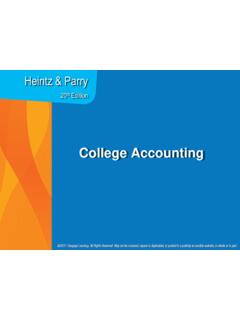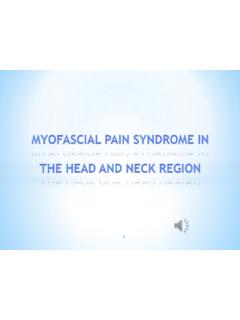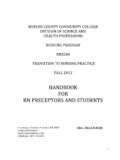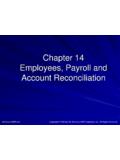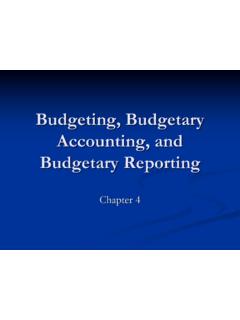Transcription of The four stages of competence - MCCC
1 Conscious competence theory of learning a new skill Credited to: Gordon Training International by its employee Noel Burch in the 1970s Most of us start here: The four stages of competence 1. Unconscious incompetence (Ignorance) The individual does not understand or know how to do something and does not necessarily recognize the deficit. They may deny the usefulness of the skill. The individual must recognize their own incompetence, and the value of the new skill, before moving on to the next stage .[2] The length of time an individual spends in this stage depends on the strength of the stimulus to learn.[3] 2. Conscious incompetence (Awareness) Though the individual does not understand or know how to do something, he or she does recognize the deficit, as well as the value of a new skill in addressing the deficit. The making of mistakes can be integral to the learning process at this stage .[4] 3. Conscious competence (Learning) The individual understands or knows how to do something.
2 However, demonstrating the skill or knowledge requires concentration. It may be broken down into steps, and there is heavy conscious involvement in executing the new skill.[3] 4. Unconscious competence (Mastery) The individual has had so much practice with a skill that it has become "second nature" and can be performed easily. As a result, the skill can be performed while executing another task. The individual may be able to teach it to others, depending upon how and when it was learned.


